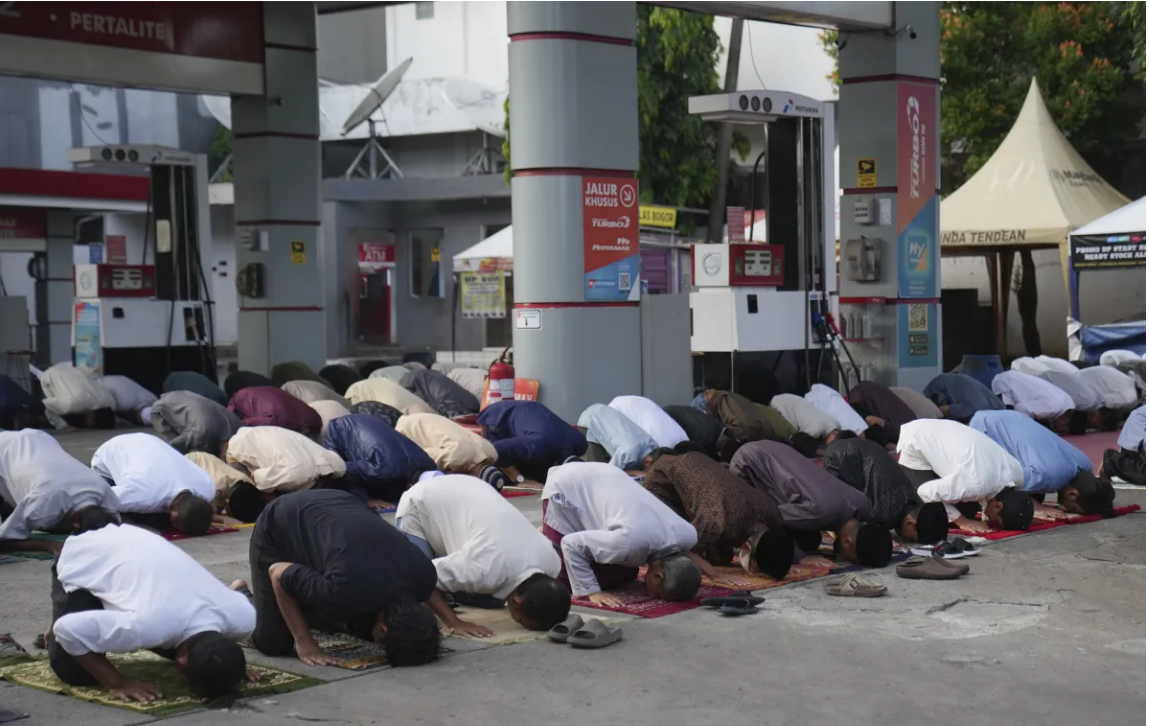🚫 Forms of Media Censorship in Andhra Pradesh
While outright bans on media are rare, censorship often appears in indirect, manipulative, or coercive forms:
Defamation and SLAPP Lawsuits
Strategic Lawsuits Against Public Participation (SLAPP) are filed by influential individuals or corporations to silence journalists through prolonged legal battles. In Andhra Pradesh, reporters who uncover political corruption, land scams, or illegal businesses often face civil defamation suits or criminal cases.
Digital Trolling and Cyber Harassment
Online attacks are a growing threat, especially for independent digital journalists and women reporters. Troll armies, fake profiles, and bots are used to:
- Spread misinformation against reporters
- Threaten and abuse them personally
- Discredit independent news portals
Denial of Access and Intimidation
In some districts, journalists are:
- Denied access to press briefings
- Intimidated by police or local authorities
- Warned unofficially to “drop” a story or face consequences
Political and Corporate Control of Media Houses
Major media outlets in Andhra Pradesh are either directly owned by political leaders or heavily influenced through advertising revenue. This has led to:
- Biased coverage during elections
- Suppression of dissenting views
- Firing of journalists who do not conform to editorial lines
⚖ Legal Framework Governing Press Freedom
India’s Constitution guarantees freedom of speech and expression (Article 19(1)(a)), which includes the freedom of the press. However, reasonable restrictions can be imposed for:
- Defamation
- Public order
- National security
- Contempt of court
While intended for national safety, these provisions are sometimes misused by authorities to restrict journalistic work. For example:
- IPC Section 124A (Sedition) is occasionally invoked to stifle criticism.
- IT Act Sections 66A/69A have been used to remove online content or arrest digital media journalists.
The Role of Bharat Media Association (BMA) in Protecting Press Freedom
In response to increasing censorship and suppression, the Bharat Media Association (BMA) has emerged as a strong support system for journalists across Andhra Pradesh. Here’s how:
🛡 Legal Support and Rapid Response
BMA offers:
- Free legal aid to journalists facing lawsuits, arrests, or harassment
- Emergency legal response teams during police detentions
- Guidance on handling defamation and digital trolling
📚 Awareness on Rights and Law
BMA conducts media law workshops, educating journalists about:
- RTI (Right to Information) protection
- How to safely report controversial topics
- Filing counter-defamation and harassment cases
Journalist Safety and Mental Health
Censorship often leads to stress and burnout. BMA:
- Runs counseling programs and peer support groups
- Offers anonymous helplines for emotional and legal distress
- Advocates for better working conditions and contracts in rural media
📰 Advocacy for Press Freedom Policies
BMA regularly engages with policymakers to:
- Push for a Press Freedom Charter in the state
- Create independent journalist welfare boards
- Demand media representation in censorship committees
📉 Case Studies from Andhra Pradesh
📰 The Journalist Who Exposed Sand Mafia
A reporter from Kadapa who uncovered illegal sand mining linked to powerful interests was arrested on vague charges and denied bail. BMA intervened legally, securing his release and bringing media attention to his case.
📱 Digital Reporter Targeted for RTI-Based Reports
An independent journalist in Visakhapatnam who published data-driven exposes using RTI was harassed online and received anonymous threats. BMA provided cybersecurity training and helped file a police complaint under IT Act violations.
🌍 The Bigger Picture
Censorship, even when indirect, has a chilling effect. It:
- Deters young journalists from pursuing critical stories
- Encourages self-censorship in newsrooms
- Distorts democratic dialogue by favoring power over people
The struggle for press freedom in Andhra Pradesh is thus not just a media issue—it’s a civic issue. When journalists are silenced, citizens lose their right to know.
✅ Conclusion
Press freedom is the heartbeat of a functional democracy. In Andhra Pradesh, while brave journalists continue to ask uncomfortable questions, they need legal, institutional, and public support to keep doing so.
Bharat Media Association (BMA) stands as a crucial ally in this mission—defending truth-tellers, strengthening ethical journalism, and resisting the creeping shadow of censorship.
In times of fear, BMA empowers with freedom.
In moments of silence, BMA becomes the voice.





